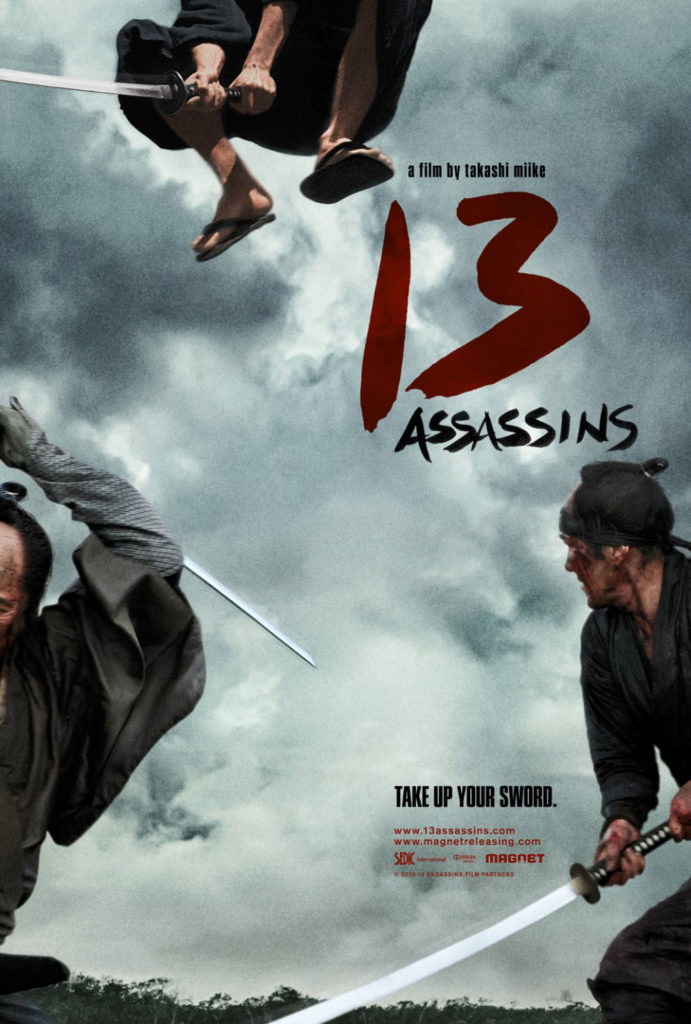Sometimes big time actors put on their serious pants and play a Nazi-era German protagonist. I don’t know if ego or decades spent in a celebrity bubble deprive these actors of common sense, but these movies occasionally get made, and there’s always an A-lister out there willing to play one of the 20th century’s most notorious bad guys. In Valkyrie, the 2008 film directed by Bryan Singer, that A-lister was Tom Cruise.
Going over Cruise’s public persona is a waste of time, but I do remember hearing about this film back in the year it was released, and thinking Cruise must be delusional about the amount of leeway movie audiences are willing to give him. There is only one man in Hollywood who can play a good World War II German, and that man is Liam Neeson. With any other actor and any other character other than Oskar Schindler, a film is walking a fine line. To stumble means embarrassment, at best, and career-threatening ostracization, at worst. With a degree of difficulty that high, who in their right mind would choose to star in a film such as Valkyrie? King Mapother, that’s who. Continue reading “Empty Balcony: Valkyrie”

 Three historical periods in Japan are among the most interesting and compelling in the annals of human civilization. The Sengoku period, also known as the Warring States period, comprised the height of feudal conflict from the 15th century to the early 17th century, culminating in the unification of Japan under the Tokugawa Shogunate in 1603. The new era of peace which followed, the Edo period, lasted until the Shogunate collapsed in the wake of internal and external pressures for Japan to end its forced isolation and open its shores to the modern world in the 1860s. What followed was the Meiji period, when the emperor was restored to power, and Japan, through numerous fits and starts, became the empire that was finally defeated by the Allies in World War II.
Three historical periods in Japan are among the most interesting and compelling in the annals of human civilization. The Sengoku period, also known as the Warring States period, comprised the height of feudal conflict from the 15th century to the early 17th century, culminating in the unification of Japan under the Tokugawa Shogunate in 1603. The new era of peace which followed, the Edo period, lasted until the Shogunate collapsed in the wake of internal and external pressures for Japan to end its forced isolation and open its shores to the modern world in the 1860s. What followed was the Meiji period, when the emperor was restored to power, and Japan, through numerous fits and starts, became the empire that was finally defeated by the Allies in World War II.